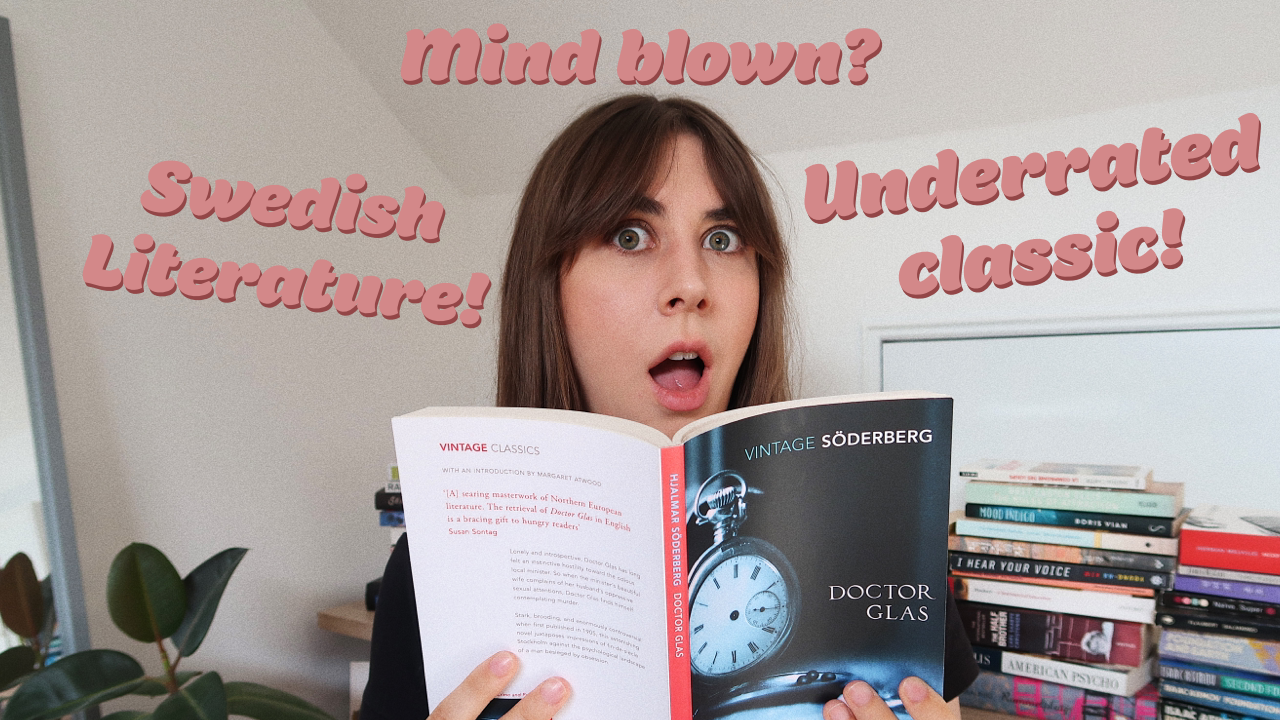The Summer Book (Sommarboken) by Tove Jansson
Jansson is perhaps most famous for creating the Moomins but the Swedish speaking Finnish author and illustrator was very much an accomplished writer outside her world-famous children’s books. The Summer Book is an episodic account of summers spent on a Finnish island between an elderly woman and her granddaughter Sophia. It’s a slow poetic book that is rooted in moments and observations. Nothing substantial happens but that’s what makes it so enjoyable. I felt lighter and more present after reading it and I will probably revisit the book again in the future.
Fair Play (Rent spel) by Tove Jansson
Following on from The Summer Book I decided to read more of Jansson’s work and luckily my library (using the Libby app) had another book ready to borrow which was Fair Play. This slightly shorter novel feels very much in the same vein of The Summer Book in the fact that it’s written episodically and has that peaceful feel to the flow of the narrative. Fair Play follows two artistically inclined women Mari and Jonna as they watch movies, create art, talk, spend a summer on an island and travel to America. Again Fair Play is not such a plot-heavy book it’s more about creating a mood and I liked that.
Naïve. Super (Naiv. Super.) by Erlend Loe
Continuing my sudden exploration of Nordic literature I next read Loe’s Naïve. Super. This Norwegian novel follows an unnamed narrator who goes through something of a mental breakdown in his twenties. Besides this, the narrator is definitely different to most people and part of me suspects that he is written as someone who falls on the Autistic spectrum. When reading from this angle Naïve. Super. is a really compelling story and I finished it in one day.
Things fall Apart by Chinua Achebe
Achebe’s novel is heralded as a modern classic and it certainly is. The story follows Okonkwo and his daily life in his tribe until something tragic happens and his life changes forever. This novel also touches on European colonialism and how it changed the face of Africa forever. Religion also plays a massive part in the narrative and Achebe immerses his readers into the tribes spiritual practises and juxtaposes them with the importing of Christianity by the colonists. At its heart, Things Fall Apart is a study on identity and its definitely worth a read if you are wanting to explore African literature and the effects of colonialism.


